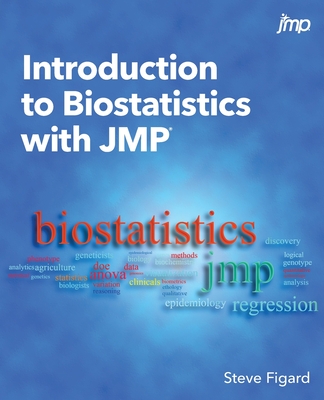Understanding Statistics and Experimental Design: How to Not Lie with Statistics
Herzog, Michael H., Francis, Gregory, Clarke, Aaron
- 出版商: Springer
- 出版日期: 2019-08-22
- 售價: $2,760
- 貴賓價: 9.5 折 $2,622
- 語言: 英文
- 頁數: 142
- 裝訂: Quality Paper - also called trade paper
- ISBN: 3030034984
- ISBN-13: 9783030034986
-
相關分類:
機率統計學 Probability-and-statistics
海外代購書籍(需單獨結帳)
相關主題
商品描述
This open access textbook provides the background needed to correctly use, interpret and understand statistics and statistical data in diverse settings. Part I makes key concepts in statistics readily clear. Parts I and II give an overview of the most common tests (t-test, ANOVA, correlations) and work out their statistical principles. Part III provides insight into meta-statistics (statistics of statistics) and demonstrates why experiments often do not replicate. Finally, the textbook shows how complex statistics can be avoided by using clever experimental design. Both non-scientists and students in Biology, Biomedicine and Engineering will benefit from the book by learning the statistical basis of scientific claims and by discovering ways to evaluate the quality of scientific reports in academic journals and news outlets.
作者簡介
Michael Herzog is a professor at the EPFL in Switzerland. He studied Mathematics, Biology, and Philosophy at the Universities of Erlangen, Tübingen, and MIT. His primary area of research is the field of vision using all sorts of experimental designs including psychophysical methods, TMS, EEG, and mathematical modeling. Greg Francis is a professor of Psychological Sciences at Purdue University. His primary area of research develops and tests computational neural network models of human visual perception. A secondary area of interest explores how to identify faulty uses of statistics, such as publication bias and questionable research practices. He also applies cognitive models to topics in human factors and develops on-line teaching tools. Aaron Clarke is a professor at Bilkent University. He is a psychologist by training with a special emphasis on computational neuroscience and statistics.































